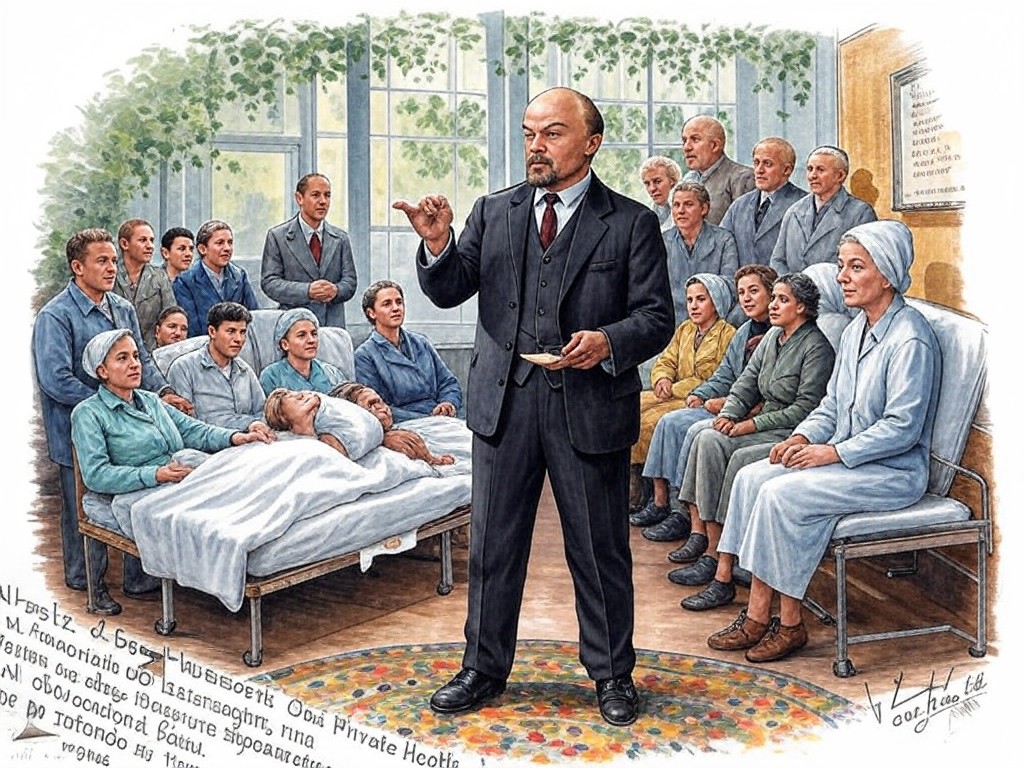Vaccine Mandates and Revolutionary Ethics: Can Public Health Justify Individual Sacrifices?
The COVID-19 pandemic brought a surge of public health measures, with vaccine mandates at the center of controversy. Governments and businesses justified these mandates as essential to protecting society, echoing Lenin’s revolutionary principle that the ends justify the means. But this trade-off—prioritizing collective health over individual autonomy—remains fiercely debated.
Proponents argue that vaccine mandates are necessary to curb outbreaks, save lives, and prevent healthcare systems from collapsing. Vaccines, after all, are a proven tool for mitigating disease. Governments liken the mandates to wartime conscription—sacrificing personal choice for the greater good.
However, opponents raise ethical concerns. For many, the issue isn’t about vaccine efficacy but rather the erosion of individual rights. Mandates, they argue, set a dangerous precedent for government overreach. Just as Lenin demanded absolute loyalty to the revolutionary cause, critics see mandates as a coercive strategy that disregards personal freedom.
The economic impact of mandates also cannot be ignored. Workers faced termination for refusing vaccination, while businesses struggled with compliance costs. These outcomes disproportionately affected low-income populations, highlighting inequalities similar to those seen in Lenin’s collectivist policies.
The debate over vaccine mandates reveals a broader question: How much control should governments wield in the name of public health? While Lenin would have championed such centralized authority, democratic societies must balance individual rights with societal needs.
To move forward, policymakers must engage in transparent communication and build public trust. By addressing concerns and ensuring equitable implementation, governments can achieve public health goals without alienating citizens. The balance between the ends and the means remains delicate, but it is a challenge worth navigating.
Originally posted 2024-09-05 08:28:43.


